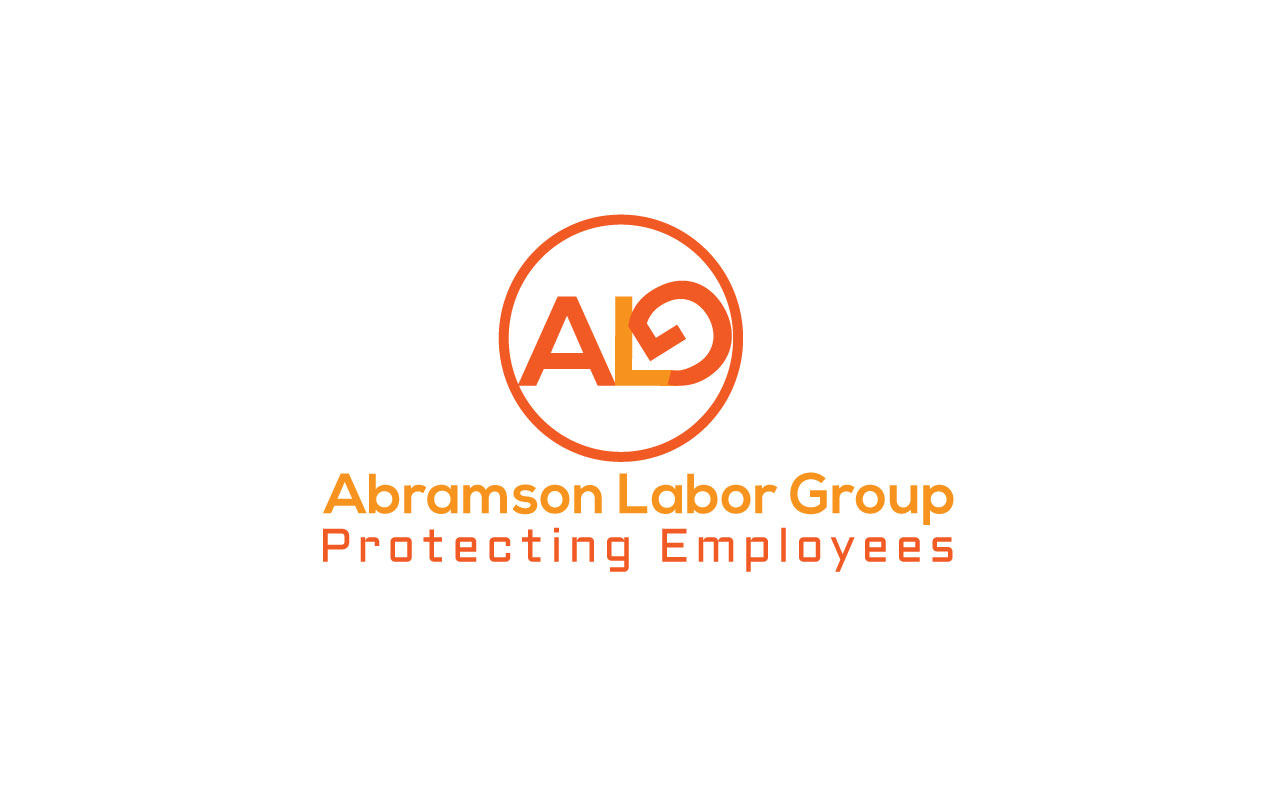Cafeteria Plan
What does Cafeteria Plan mean?
A Cafeteria Plan (includes Premium Only Plans and Flexible Spending Accounts) is a benefits program for certain employees. The Cafeteria plan allows employees to take advantage of Section 125 of the Internal Revenue Code by allowing them to pay certain qualified expenses before taxes. This provision allows the employee to lower their taxable income and increase their take home pay. Monies saved in taxes could be as high as $.25 to $.49 for every dollar the employee contributes to the Flexible Spending Account.
If the employee chooses to invest in a flexible spending account there is a specified dollar amount which is established each year. The money is deducted from each pay check and the employee is allows to withdraw the funds to pay for certain expenses such as child care, transportation, or medical care.
Benefits to the employer and the employee with the Cafeteria Plan
Employers and employees both love the cafeteria plans. Employers often tout the plans, arguing employees can experience tax savings. Employees may also view the benefit as an employment perk, one that does not cost the employer any additional money in wages or other compensation. Increased participation also equals greater tax savings to the employer.
How does the cafeteria plan work?
If an employee decides to participate in a cafeteria plan such as the FSA they will select an amount to be deducted from their pay check each pay period. This deduction is placed in the FSA account. The money collected in the FSA can be deducted by the employee throughout the year to pay for qualifying expenses.
Related Pages
Lawyers near
Term of the Day
Medical evidence
Medical evidence is information gathered by the SSA from a claimant\'s treating sources.Category: Disability







